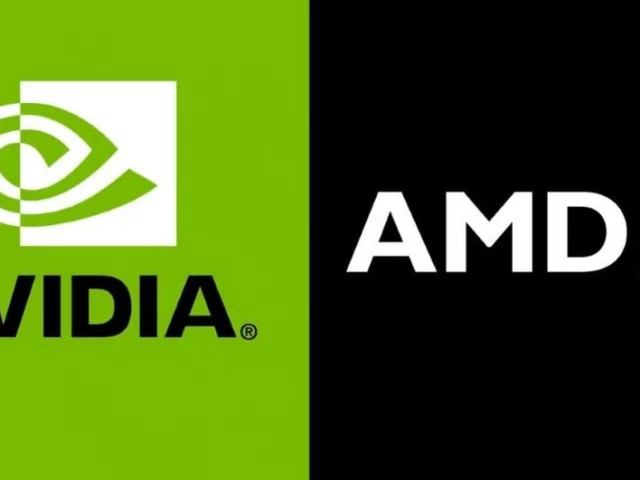The Intersection of AI Technology and Trade: Nvidia and AMD’s New Agreement with the U.S. Government
In a fascinating turn of events, tech giants Nvidia and Advanced Micro Devices (AMD) have recently struck a deal with the U.S. government, agreeing to pay 15% of their revenue from AI chip sales to China. This unusual arrangement has raised eyebrows and sparked discussions about the future of technology and trade.
Nvidia’s CEO, Jensen Huang, met with President Trump recently to discuss this agreement, underscoring the complexities of tech trade in a world increasingly shaped by geopolitical tensions. According to reports from major news outlets like the Financial Times and Bloomberg, the deal revolves around Nvidia’s H20 chips and AMD’s MI308 chips, both pivotal for artificial intelligence applications.
The commitment to pay a revenue share is highly uncommon in international trade. A spokesperson for Nvidia stated, “We follow the rules the U.S. government sets for our participation in worldwide markets.” This emphasizes the intricate relationship between technology, government policy, and international market dynamics. While Nvidia hasn’t shipped its H20 chips to China for months, the company still hopes to compete in the growing AI market globally.
Investors are betting big on AI transforming not just individual companies, but potentially the entire global economy. Interestingly, Nvidia recently made headlines as the first company to hit a $4 trillion market value, positioning itself as a leader in the tech sector. However, this growth comes amid tighter restrictions from the U.S. on what kinds of chips can be exported to China, citing national security concerns.
AMD is finding itself in a similar position, now also subject to the revenue-sharing agreement for its MI308 chips, which were previously banned from sale in China. Analysts predict that this arrangement could generate upwards of $2 billion for the U.S. government, highlighting the significant implications of these tech-government collaborations.
As the Trump administration imposes new tariffs on semiconductor imports, the stakes are high for companies navigating this complicated landscape. With a 100% tariff on many semiconductor imports introduced recently, companies are dealing with pressures to reshore manufacturing while addressing trade imbalances.
The agreement between Nvidia, AMD, and the government is more than just a financial arrangement; it represents the broader interplay between technology and international relations. As these companies position themselves to lead in the AI space, the implications of such deals will undoubtedly reverberate through the industry and beyond.
If you’re interested in further discussions about AI technology and its implications for businesses, make sure to check out Pro21st for more insights. It’s essential to stay informed as we navigate this rapidly evolving tech landscape!




